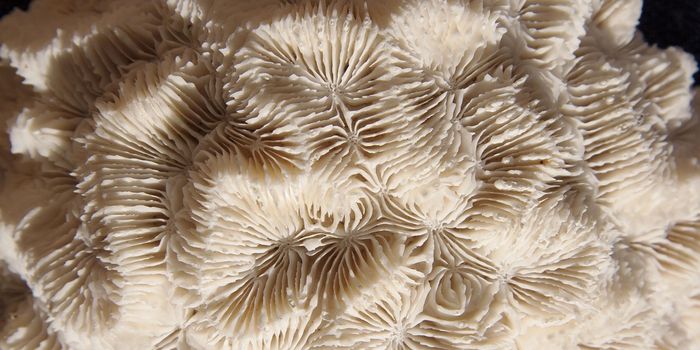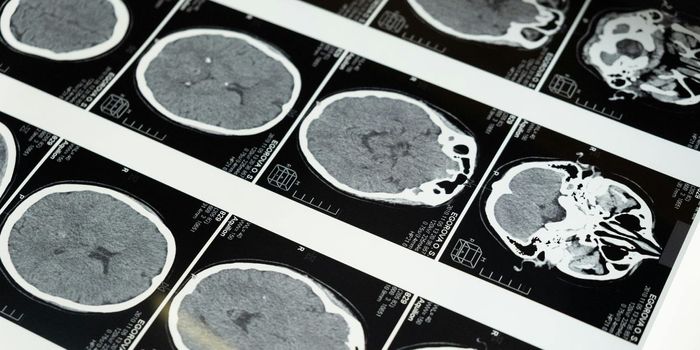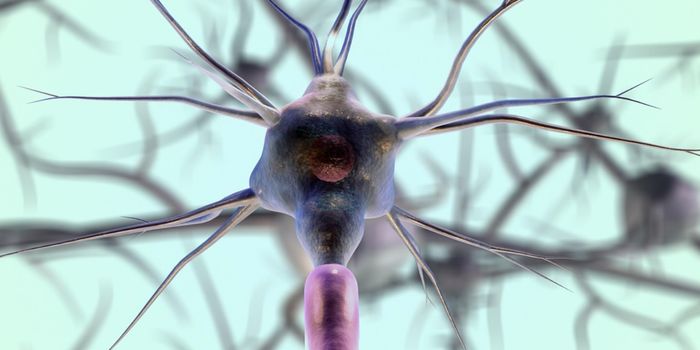Keto Diet Prevents Alzheimer's-related Memory Loss in Mice

The ketogenic diet, a low-carbohydrate, high-fat, and moderate protein diet, shifts the body's metabolism from running on glucose to burning fat and producing ketones for energy. The ketone body beta-hydroxybutyrate (BHB) is the main 'actor' in the keto diet, serving as a neural energy source. On the keto diet, BHB levels increase by almost seven times.
In the current study, researchers compared the neural effects of the keto diet and a control diet on a mouse model of Alzheimer's disease. Ultimately, they found that mice on the keto diet experienced improved synaptic function, which they noted improves memory problems in mild cognitive impairment.
They also noted that the mice on keto diets experienced significant increases in the biochemical pathways linked to memory formation.
"The data support the idea that the ketogenic diet in general, and BHB specifically, delays mild cognitive impairment and it may delay full-blown Alzheimer's disease," said co-corresponding author Prof. Gino Cortopassi, a biochemist and pharmacologist with the University of Califonia Davis School of Veterinary Medicine, said in a press release.
He cautioned however: "The data clearly don't support the idea that this is eliminating Alzheimer's disease entirely."
The researchers also found that the keto diet benefited females more than males and resulted in higher levels of BHB in females.
"If these results translated to humans, that could be interesting since females, especially those bearing the ApoE4 gene variant, are at significantly higher risk for Alzheimer's," said Prof. Cortopassi.
The researchers wrote that as the keto diet and BHB are an 'approved diet and supplement respectively,' they may be most therapeutically relevant in treating the mild cognitive decline phase of Alzheimer's disease.
Sources: Science Daily, Communications Biology








